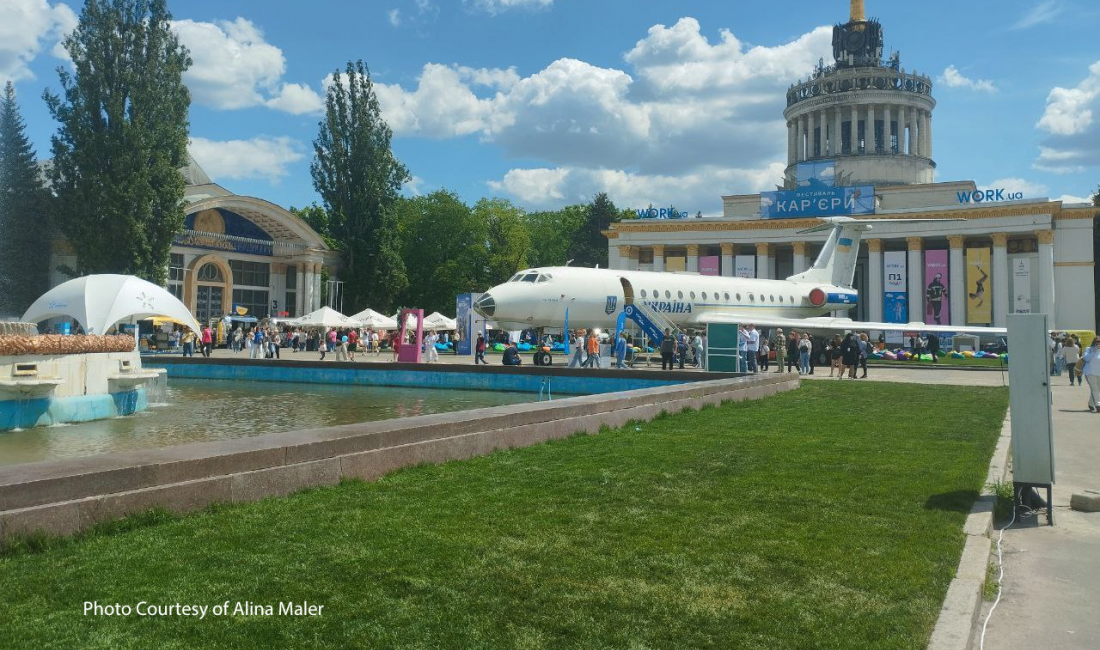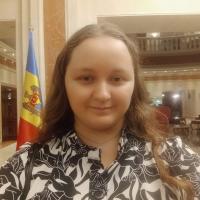Post-Soviet countries like Ukraine and Moldova are deeply influenced by inferiority narratives — pervasive beliefs of national inadequacy rooted in Soviet-era legacies.
This article examines how these narratives shape development and identity in the region today, highlighting their origins, persistence, and impact on society and policy.
The key instrument of the system was a total monopoly on information.
The state controlled every word in textbooks, every frame in films, every note in songs. The history of non-Russian peoples was rewritten to portray them as eternally backwards, disorganised and incapable of independent existence until the ‘blessed’ arrival of Russian rule.
The education system played a special role. From an early age, children learned that their native language was a dialect for communication at home, and that the ‘real’ language of science, culture and progress was Russian. National heroes were presented as secondary figures compared to Russian giants. Cultural traditions were reduced to folk dances at festivals, losing touch with living tradition.
Media propaganda honed subtle techniques of psychological influence.
Representatives of non-Russian peoples in films and books usually appeared in the roles of simple-minded peasants, exotic characters or grateful students of Russian teachers. When they were given positive roles, it was always emphasised that they had achieved their success thanks to Russian education or Russian mentorship.
Language policy became the most effective weapon of cultural genocide. The Russian language was given the status of a ‘language of interethnic communication,’ which meant that it was mandatory for any career advancement. Gradually, native languages were displaced from all prestigious spheres — science, technology, higher education, and public administration. Young people began to perceive knowledge of their native language as a sign of provincialism and backwardness.
The result of this multifaceted work was the formation of a lasting belief among millions of people in their own cultural and intellectual inferiority. They began to perceive Russian domination not as violence, but as a natural order of things based on the objective superiority of Russian civilisation.
The Republic of Moldova is a striking example of how the Soviet narrative of inferiority can destroy democratic development even after independence. This small country between Romania and Ukraine bears all the scars of the Soviet experiments.
The Soviet authorities went further, creating the Moldavian SSR by uniting historic Bessarabia with the Transnistrian region, populated mainly by Russians and Ukrainians. This artificial conglomerate had no single historical tradition, common culture or language. Instead, Soviet propaganda actively promoted the idea of a ‘Moldovan Soviet nation’ that could only exist within the USSR under Russian leadership.
Transnistria's role in this process was particularly sinister. When Moldova began to move towards independence, the Transnistrian elites, with Moscow's support, created a separatist pseudo-state.
It was the implementation of a long-term strategy to maintain Russian control through controlled conflicts.
The Transnistrian conflict became the perfect tool for maintaining the narrative of Moldovan failure. The inability to resolve the territorial issue for thirty years was presented as proof that the Moldovan state was unviable and in need of external patronage.
Russia skilfully played the role of both instigator and peacemaker, maintaining the conflict at a level sufficient for destabilisation but insufficient for escalation.
Economic dependence became another lever of influence. Energy blockades, trade wars, labour migration — all these factors created an atmosphere of constant instability and uncertainty. Moldovan society gradually became accustomed to the idea that independent existence was impossible and that it was necessary to choose between different forms of external dependence.
This created a vicious circle: the weakness of institutions bred dependence on external actors, and dependence further weakened institutions.
The oligarchisation of the economy was a natural consequence of this situation. The rule of Plahotniuc, who in fact turned Moldova into his personal fiefdom, would have been impossible without the prior destruction of state institutions and the demoralisation of society. Citizens, convinced of their own powerlessness, put up with the outright plundering of the state for a long time.
Only in recent years, especially after Maia Sandu's victory in the 2020 presidential election, has Moldovan society begun to show signs of overcoming its inferiority complex. But this process is far from complete, and Russian aggression in Ukraine has created new challenges for Moldovan democracy.
Ukraine's experience in combating the narrative of inferiority is both tragic and heroic. The country has gone from voluntarily accepting the status of ‘little brother’ to resolutely defending its dignity at the cost of blood and suffering.
One of the most striking symbols of the internalisation of the Soviet narrative was Article 10 of the 1996 Constitution of Ukraine, which granted Russian the status of a “language of interethnic communication”. This wording, borrowed directly from the Soviet legal tradition, in fact legitimised linguistic discrimination against Ukrainians in their own country. Russian retained its dominance in education, science, business and culture, while Ukrainian remained the language of rural areas and formal ceremonies.
This situation created a paradox: a state that declared independence in fact preserved a colonial system of values. The Ukrainian elite, a significant part of which was educated in Russian, often demonstrated an inferiority complex regarding their own culture.
For a long time, Ukraine's media space was dominated by Russian content. Television, radio, and internet resources broadcast Russian TV series, films, music, and news. This created a situation where Ukrainians were more familiar with life in Russia than with the realities of their own country. The Russian media skilfully supported the narrative of “one people”, “shared history” and the “naturalness” of Russian influence on Ukraine.
The influence of the Russian media on the perception of the Ukrainian language and culture was particularly destructive. They consistently promoted stereotypes about the Ukrainian language as a ‘rural dialect,’ Ukrainian culture as ‘provincial amateurism,’ and Ukrainian history as ‘nationalist fabrications.’
These messages resonated with complexes that had been ingrained since Soviet times.
The turning point came with the Russian aggression of 2014, which brutally demonstrated the Kremlin's true attitude towards Ukraine and Ukrainians. The annexation of Crimea and the war in Donbas forced Ukrainian society to rethink its identity and reject illusions about ‘brotherly’ relations with Russia.
The full-scale invasion on 24 February 2022 was the culmination of Russia's attempt to physically destroy Ukrainian statehood and identity.
But it also became a catalyst for the final liberation from the narrative of inferiority. The heroic resistance of the Ukrainian people, the effectiveness of the Ukrainian armed forces, and the massive support from the international community all proved the fallacy of Russian stereotypes about Ukrainian ‘incompetence.’
The information war launched by Russia after the start of the full-scale invasion was a last-ditch attempt to revive old complexes. Russian propaganda tried to convince the world and Ukrainians themselves that Ukraine is an ‘artificial state,’ a ‘failed state,’ and a ‘neo-Nazi regime.’ From the very beginning of the invasion, Ukrainian media “Detector Media” started the “Social Media Analysis” project to study weekly how Russian narratives change through time and events.
Paradoxically, Russian aggression became the most effective remedy for national complexes. The need to survive mobilised all of society's resources and demonstrated Ukraine's capacity for self-organisation, solidarity, and effective collective action. The volunteer movement, territorial defence, IT army, and diplomatic successes all proved that Ukrainians are not only on par with other nations, but can also serve as an example to follow.
Today, Ukraine is undergoing a process of final liberation from the Soviet narrative of inferiority. This is happening not in the silence of offices or parliament halls, but on battlefields, in trenches, and on evacuation trains.
Every day of the war becomes a day of rewriting Ukrainian identity from a position of strength, dignity, and self-respect.




